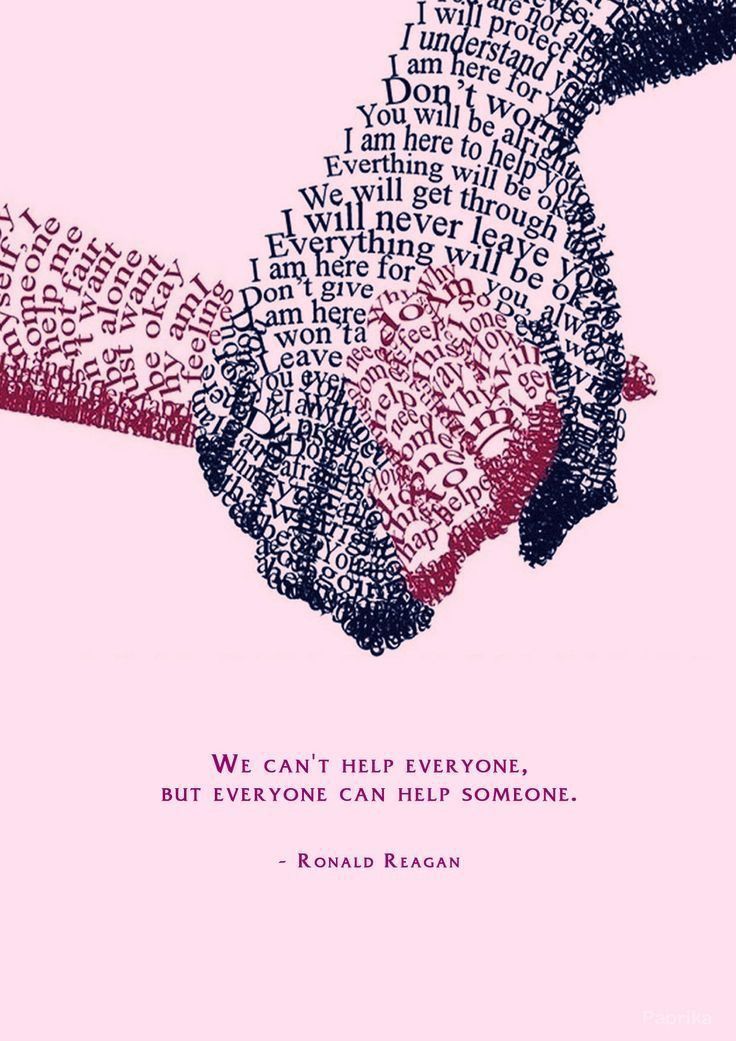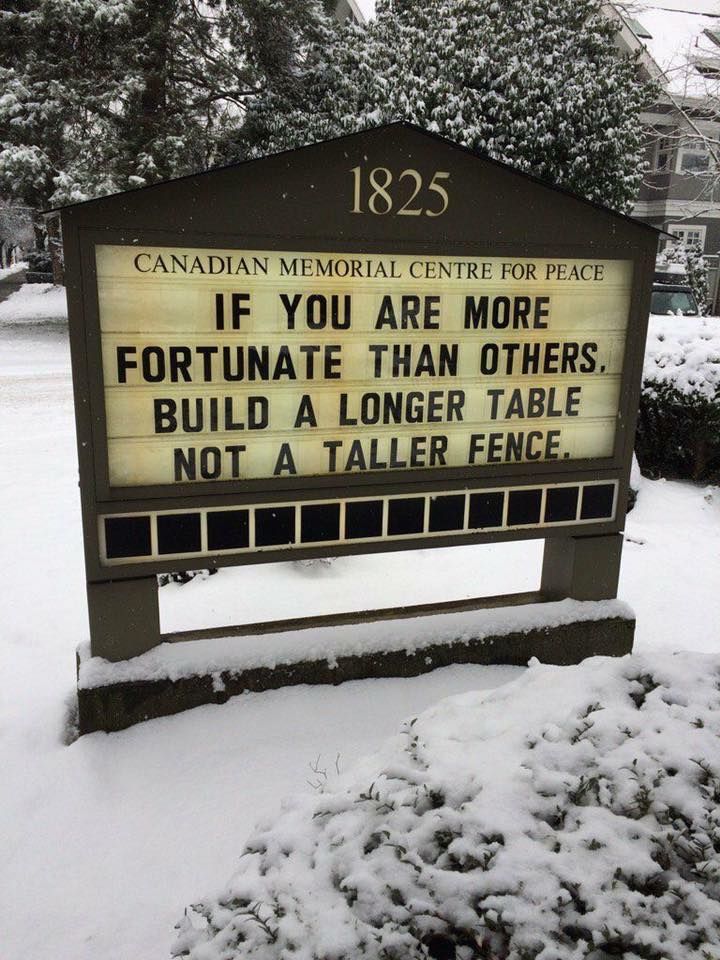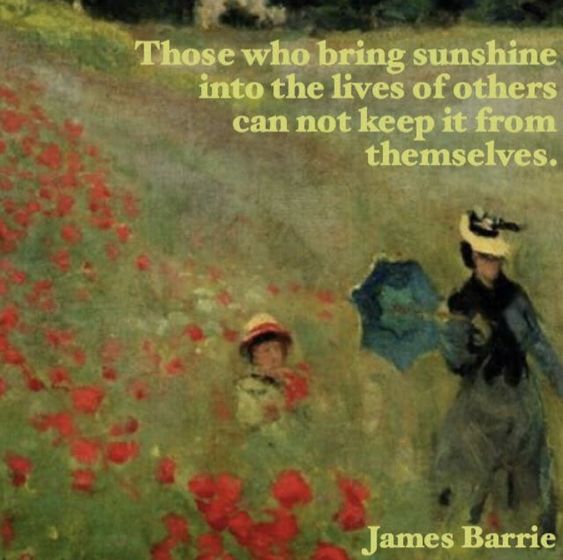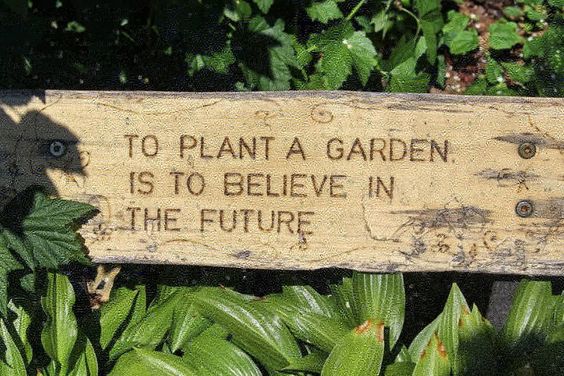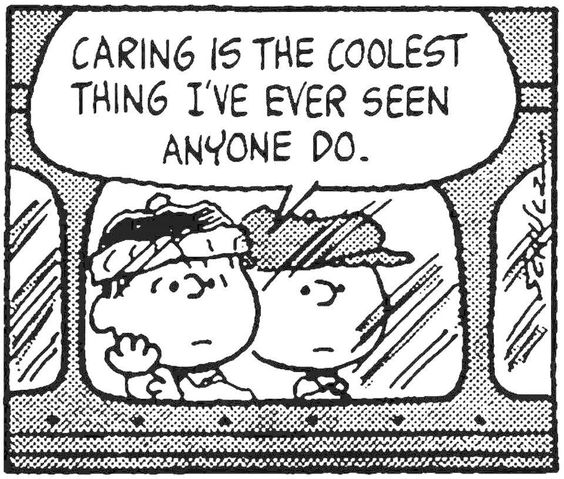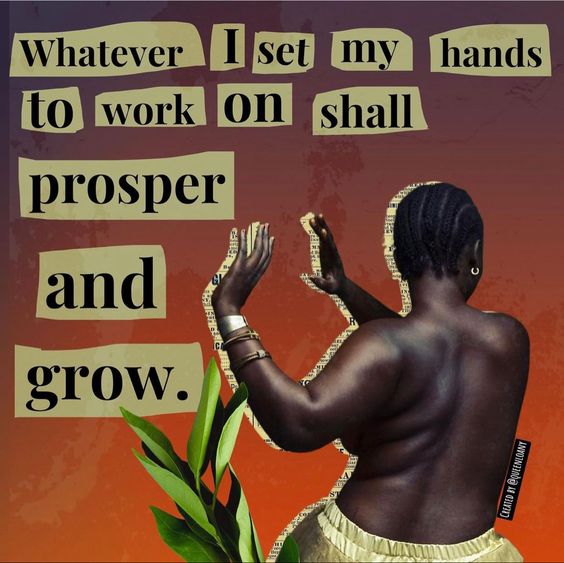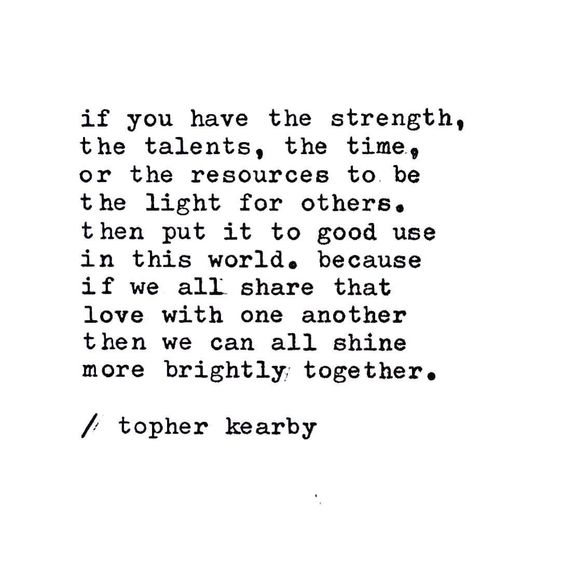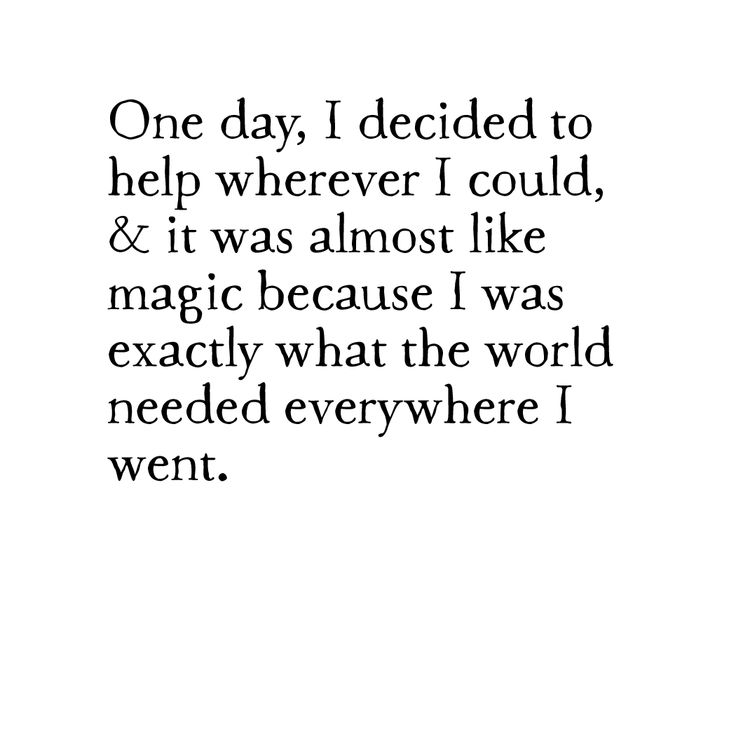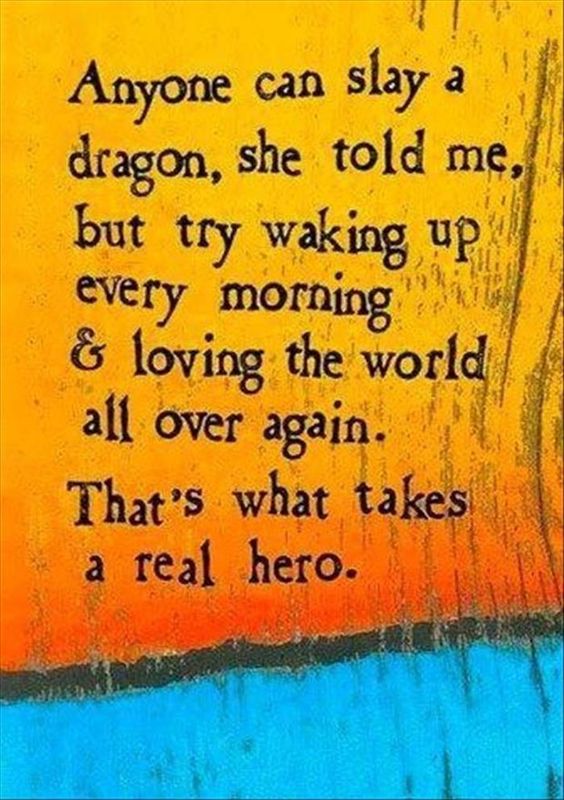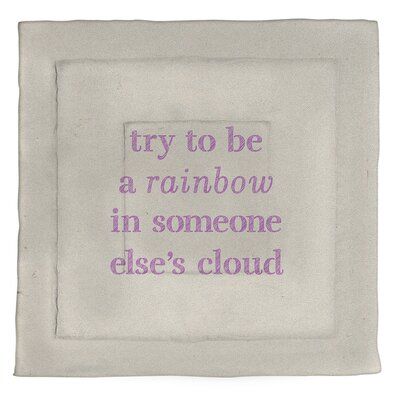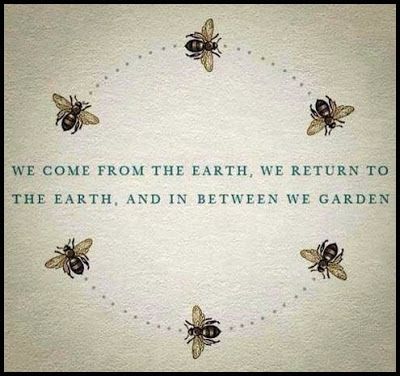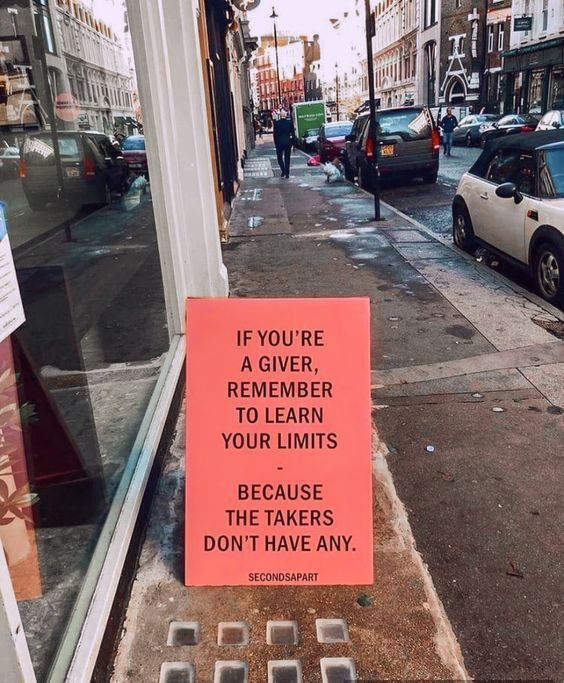“We are all born into debt, a social debt. We have been given life and the opportunities for a successful life that are in no way our own doing. So, turn it around. Take the initiative to set up the success of others, even if the favor is never returned. Take those daily, easily avoidable opportunities to reach out. Pay it forward, donate your time, resources, energy, and money to something or someone, and it will be meaningful. These acts of the heart can be small, subtle, even unnoticed; but know that you seized a chance to positively affect someone else. You will learn, and most importantly feel, that compassion and kindness are the highest form of human emotion, the form that comes with the highest dividends, taking you closer to the victorious spirit and your win within.”
Bert R. Mandelbaum, MD, via The Win Within (Page 120)
“Focus on what provides value to others, not what impresses others. Other people spend about as much time thinking about your lifestyle and accomplishments as you spend thinking about their lifestyle and accomplishments. Which is to say, not much time at all. The things we do to impress others rarely impress them for longer than five minutes. But the things we do to provide value for others can last a lifetime. In the long run, one of the most impressive things you can do is provide exceptional value.”
James Clear
“There are those who give little of the much which they have—and they give it for recognition and their hidden desire makes their gifts unwholesome.
Kahlil Gibran, The Prophet (Page 18)
And there are those who have little and give it all.
These are the believers in life and the bounty of life, and their coffer is never empty.”
“You give but little when you give of your possessions.
Kahlil Gibran, The Prophet (Page 18)
It is when you give of yourself that you truly give.”
“A good many of the most valuable people in any society will never burn with zeal for anything except the integrity and health and well-being of their own families—and if they achieve those goals, we need ask little more of them. There are other valuable members of a society who will never generate conviction about anything beyond the productive output of their hands or minds—and a sensible society will be grateful for their contributions. Nor will it be too quick to define some callings as noble and some as ordinary. One may not quite accept Oliver Wendell Holmes’ dictum—’Every calling is great when greatly pursued’—but the grain of truth is there.”
John W. Gardner, Self-Renewal (Page 104)
“By applying tougher criteria we can tap into our brain’s sophisticated search engine. If we search for ‘a good opportunity,’ then we will find scores of pages for us to think about and work through. Instead, we can conduct an advanced search and ask three questions: ‘What do I feel deeply inspired by?’ and ‘What am I particularly talented at?’ and ‘What meets a significant need in the world?’ Naturally there won’t be as many pages to view, but this is the point of the exercise. We aren’t looking for a plethora of good things to do. We are looking for our highest level of contribution: the right thing the right way at the right time.”
Greg McKeown, Essentialism (Page 22)
“The way of the Essentialist means living by design, not by default. Instead of making choices reactively, the Essentialist deliberately distinguishes the vital few from the trivial many, eliminates the nonessentials, and then removes obstacles so the essential things have clear, smooth passage. In other words, Essentialism is a disciplined, systemic approach for determining where our highest point of contribution lies, then making execution of those things almost effortless.”
Greg McKeown, Essentialism (Page 7)
“Essentialism is not about how to get more things done; it’s about how to get the right things done. It doesn’t mean just doing less for the sake of less either. It is about making the wisest possible investment of your time and energy in order to operate at our highest point of contribution by doing only what is essential.”
Greg McKeown, Essentialism (Page 5)
